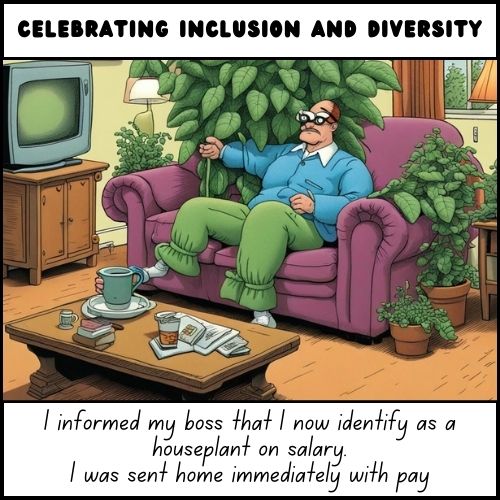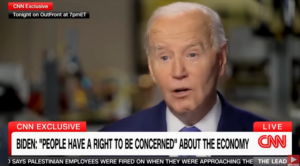Who Is Oppressed: Radical Left Hypocrisy
In today’s political landscape, the radical left has emerged as a significant force, advocating for social justice, equality, and the rights of marginalized groups. However, as with any political movement, it is essential to critically examine the actions and ideologies of the radical left. This article delves into the concept of hypocrisy and explores instances where the oppressed can become the oppressor within the radical left movement.
The Roots of the Radical Left
To understand the hypocrisy of the radical left, it is crucial to examine its historical origins and key figures. The movement traces its roots to various progressive movements throughout history, with influential figures such as Karl Marx, Rosa Luxemburg, and Emma Goldman shaping its ideologies. The radical left is characterized by its commitment to social justice, equality, and challenging oppressive structures.

The Hypocrisy of Identity Politics
Identity politics plays a prominent role within the radical left, with a focus on championing the rights of marginalized groups. However, hypocrisy arises when principles are selectively applied based on political expedience. While the movement claims to fight for equality and inclusivity, instances of contradictions and double standards surface, revealing the hypocrisy within identity politics.
Double Standards in Free Speech and Expression
The radical left prides itself on advocating for free speech and expression. Yet, there are cases where opposing viewpoints are demonized and silenced. Cancel culture and deplatforming have become prevalent, often targeting individuals with differing ideologies. This selective application of the principles of free speech exposes the hypocrisy within the radical left.
Economic Hypocrisy: The Redistribution Paradox
Critiques of capitalist systems and calls for wealth redistribution are central to the radical left’s ideology. However, hypocrisy arises when examining the personal wealth and lifestyles of prominent figures within the movement. The contradictions in advocating for equality while living lavishly undermine the movement’s credibility and raise questions about its commitment to its own principles.
The Irony of Intolerance
The radical left often positions itself as advocates for inclusivity and tolerance. However, instances of exclusion and demonization of dissenting opinions reveal a different reality. Intolerance towards ideological diversity is prevalent, creating an environment that stifles open dialogue and inhibits the exploration of different perspectives.
The Danger of Groupthink and Confirmation Bias
Group dynamics play a significant role within the radical left movement. The creation of ideological echo chambers reinforces existing beliefs and suppresses critical thinking. This groupthink and confirmation bias contribute to the intolerance and hypocrisy that can arise within the movement, hindering the potential for open and constructive dialogue.
The Path Forward: Addressing Hypocrisy and Bridging Divides
To address hypocrisy within the radical left movement, self-reflection is crucial. It is essential for individuals within the movement to critically examine their own actions and ideological inconsistencies. Fostering understanding, empathy, and respect between ideological factions is vital to bridge the divides and encourage productive discourse. Intellectual diversity should be embraced, promoting a more comprehensive understanding of complex issues.
Final Thoughts
The hypocrisy within the radical left movement is a complex and multifaceted issue. While the movement espouses principles of social justice and equality, contradictions and inconsistencies can arise. Recognizing the need for integrity and self-awareness within political movements is essential to ensure the credibility and effectiveness of advocating for change. Navigating ideological hypocrisy is a challenging task, but by fostering open dialogue, encouraging intellectual diversity, and promoting consistency in principles and actions, progress can be made towards a more equitable and just society.








